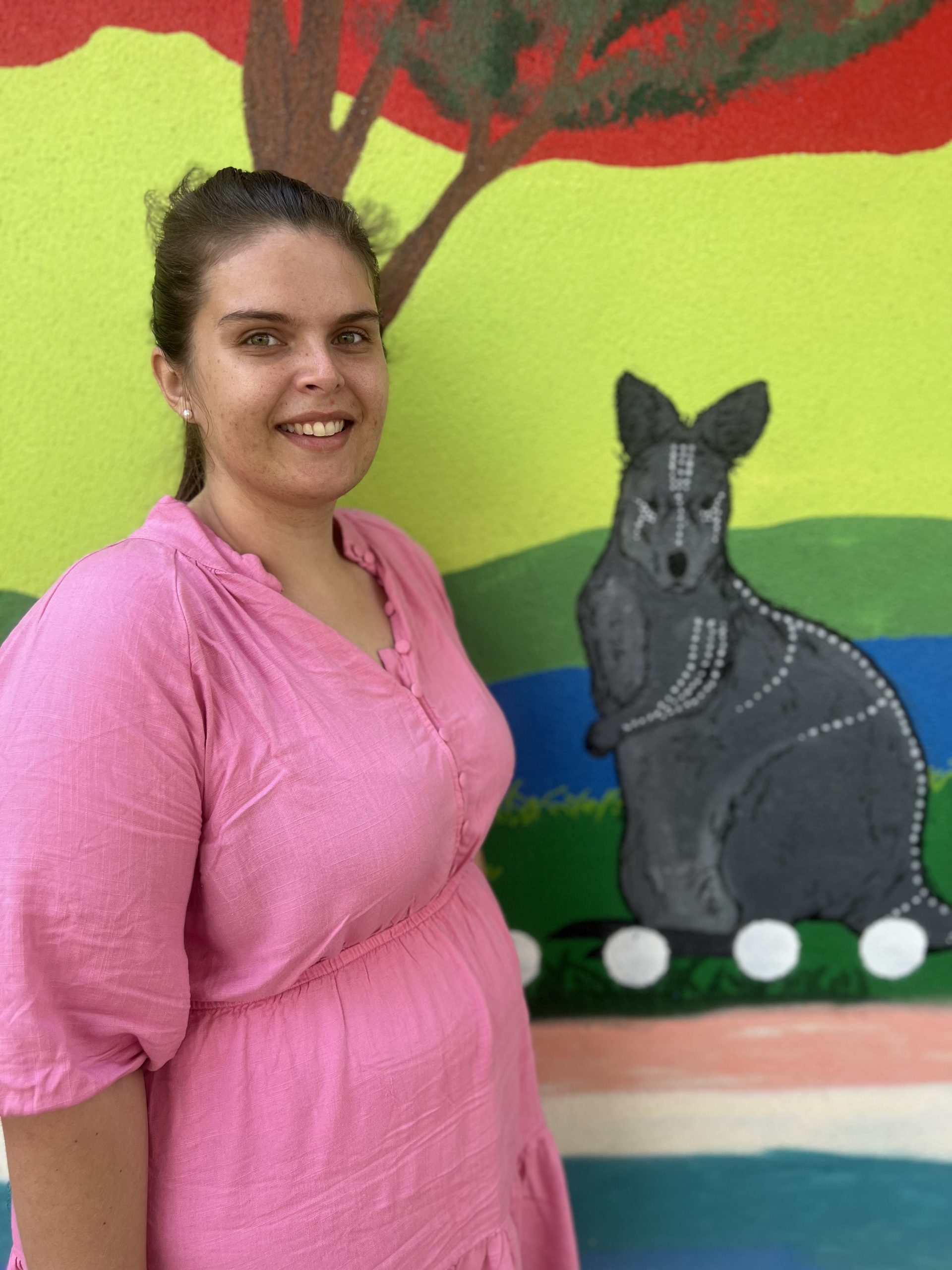Though it began as childhood dreams and dress-ups, Tah-Leah Bakker’s determination to be a doctor and the strong support of her proud Torres Strait Islander family have propelled the young Mackay woman to reach the goal she set herself many years ago.
Dr Bakker is now in her final year of qualifying as a GP who specialises in paediatrics, 10 years after beginning the long and difficult journey which separated her from family and community and tested her resolve on many occasions.
This was a dream that started with the love of a big sister for a baby brother.
“My little brother Kalan was born very sick and one day they were trying to explain to me they might not be able to take him home,” Dr Bakker said.
“So I turned to my sister and said ‘I want to be a doctor so I can bring my baby brother home’.
“We never really understood what was wrong with him at the time.
“From then on, even during primary school – I always said I wanted to be a doctor.
“On dress-up days I would ask my Mum if I could dress up as a doctor.
“I remember Dad saying at one point – when I reached high school – ‘s**t! I think she’s going to do it!”
Dr Bakker is quick to point out that she has been inspired by many other Aboriginal and Torres Strait Islander family members.
“I am just one of many family members who have achieved success in the medical field,” she said.
“I have distant cousins with status and achievements in nursing, as medical practitioners, and in other health fields.
“I come from a long line of strong, successful Aboriginal and Torres Strait Islander women in health.”
Her family not only provided the inspiration for Dr Bakker to pursue her dream; they were vital in providing the support she needed along the way as well.
“Like most young Indigenous people, the study kept me away from my family and community,” Dr Bakker said.
“I had to move to Townsville for five years studying – and that was hard,” Dr Bakker said.
“I was very homesick.
“Family is a huge part of my culture.
“I came home every weekend – every chance I got.
“I failed my first semester because of the separation.
“I have often said – med school wasn’t hard – being away from home was hard.”
“Another battle to overcome was the mental struggle of feeling worthy for the task,” Dr Bakker said.
“Imposter syndrome came up – thinking ‘you’re not supposed to be here’.
“That made it worse for me.
“I got a scholarship which helped financially but not emotionally.
“I’m the first person in my immediate family to complete a university degree of any kind.
“I didn’t necessarily understand how difficult it would be, to be Indigenous student living away from home.”
Over time, these challenges were overcome and initially it was Dr Bakker’s mum who pointed her in the direction of help.
“I needed to make a connection to culture,” Dr Bakker said.
“My mum said to me – ‘I need you to go to the IHU’ – the Indigen
ous Health Unit at JCU.
“She knew that cultural connection was very important.
“This was a pivotal point for me in my university experience – the IHU are more like the ‘mums’. “They would give you the ‘mum’ talk through this; I developed a bit more resilience and confidence.
“I formed more indigenous connections – found my ‘family’ – kids my age and older indigenous medical students.
“I went to an Australian Indigenous Doctors Association (AIDA) conference and got to meet a lot more Indigenous doctors in every speciality.
“Before becoming a doctor – I only knew of two Indigenous doctors but now I know a lot more.”
According to information available from the Department of Health and Aged Care*, and utilised by AIDA, there were 122 Indigenous medical practitioners in Queensland in 2020.
Nationally, a further 62 Aboriginal and Torres Strait Islander medical students graduated in 2020, and 52 graduated in 2021.
Dr Bakker splits her time evenly between Proserpine Hospital and one of the town’s GP clinics, both for the work/life balance and the ability to provide continuity of care.
As for the future, she would love to work with more Aboriginal and Torres Strait Islander patients, and to inspire others to consider a career in healthcare.
“I’d love to encourage and support other Aboriginal and Torres Strait Islander people to become doctors or other healthcare professionals; this would be another huge achievement for me,” Dr Bakker said.
“If I can convince one person to be an indigenous doctor that would be job done.”
“In our family, it is crucial that women play an important role in raising and supporting the entire family.
“I also believe in following your dreams and taking other opportunities, and this is what I did.
“Every Aboriginal and Torres Strait Islander person needs to know that there are many opportunities out there for them.
“Anybody can be a doctor – if you are committed to yourself, your dreams and your education.
“But if it wasn’t for the support of my family, I would never have achieved my childhood dreams.”



